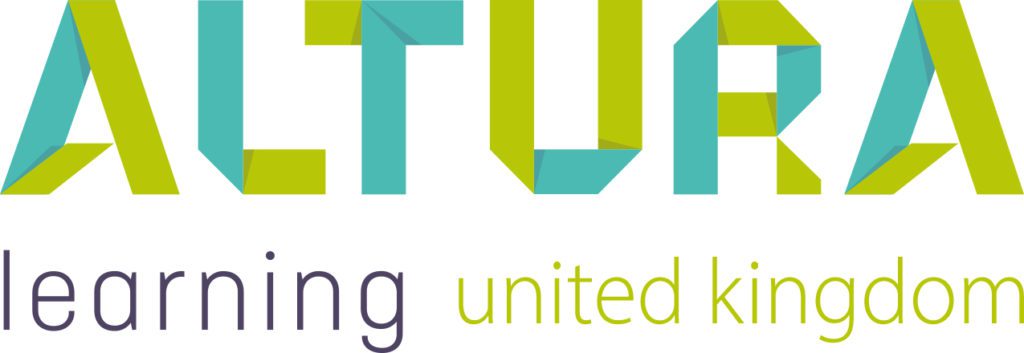Home | Altura Blog |
Celebrating World Interfaith Harmony Week – 1-7 February 2023
January 18, 2023 | Altura Blog
World Interfaith Harmony Week was established as a way to promote interfaith dialogue, mutual understanding and a culture of peace between people, regardless of their faith or beliefs – and without judgement. Objectives such as these are useful on a global scale, where they have become effective tools for organisations and governments to inspire cooperation and to guide people towards non-violent conflict resolution. On an individual level, whether at work or in your local community, understanding and coexisting with people who are different, or see things differently, are qualities that can bring about a sense of unity – where we embrace what we have in common with others and work towards creating an environment that is mutually beneficial for everyone.
World Interfaith Harmony Week takes place in the first week of February each year. While it began as a way to encourage better understanding between Christian and Muslim people, it now encourages all people to be involved. It’s a wonderful time for people living and working in the care sector to focus on shared values and creating a positive, harmonious community to live in. Whether an individual actively practises religion, or is of no faith background at all, being able to recognise shared values is a great starting point for meaningful conversation, better understanding and mutual respect, all of which are important factors in promoting a positive environment and person-centred care.
The best part is that you don’t have to wait for World Interfaith Harmony Week to encourage unity and connection between residents, clients, volunteers and staff – because there’s no better time than now to start a conversation!
Altura Learning is passionate about supporting staff to deliver culturally inclusive care and support. Check out our course Culturally Inclusive Care for residential, or Culturally Inclusive Support for home care, which explores the needs of older people from culturally and linguistically diverse backgrounds and identifies strategies to deliver culturally and linguistically appropriate care and support.
The care and support that an individual receives is not only influenced by their medical, psychological and cultural needs, but also their religious and spiritual needs. Check out our course Spirituality: Understanding Individual Needs, which explores the various forms that spirituality may take and outlines strategies to support their spiritual needs.


